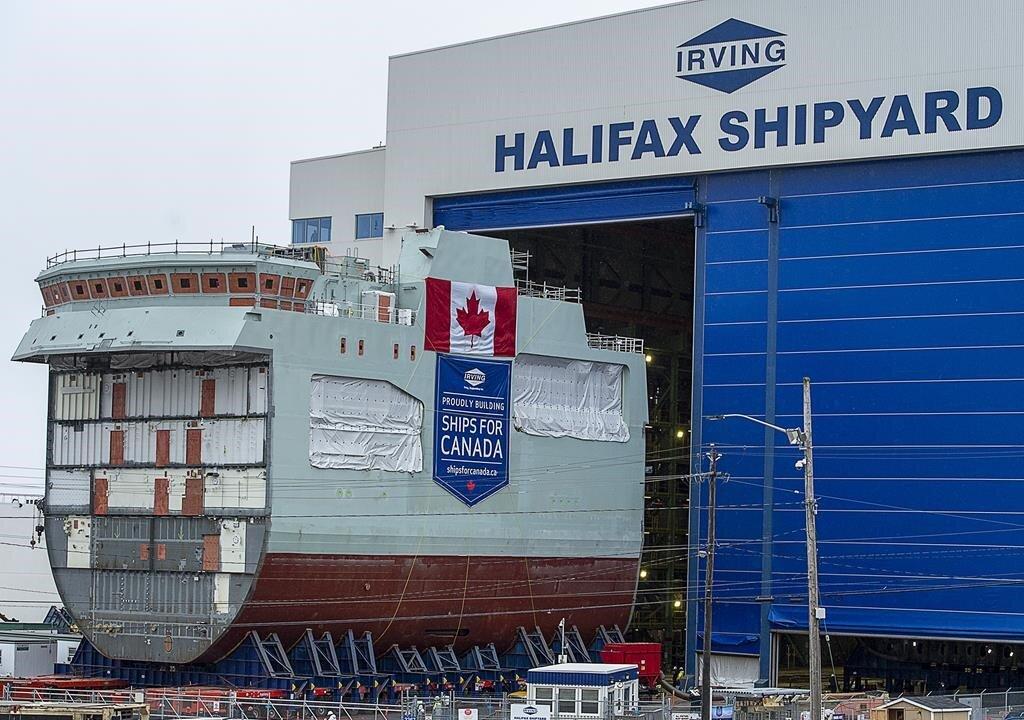New York Consul General Tom Clark says Canadian Pacific Railway (CP) is to blame for a wildfire that burned the town of Lytton, B.C., to the ground in 2021.
“In British Columbia there was a town called Lytton, and a train went through and sparks came off the rails,” said Clark in a July 14 interview with WXXI-TV in Plattsburgh, New York. “The town was destroyed, burnt out. It was turned into oblivion. There was nothing left of Lytton. So that concern is very real.”





